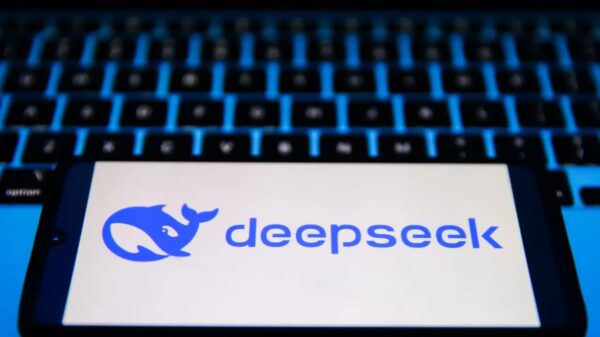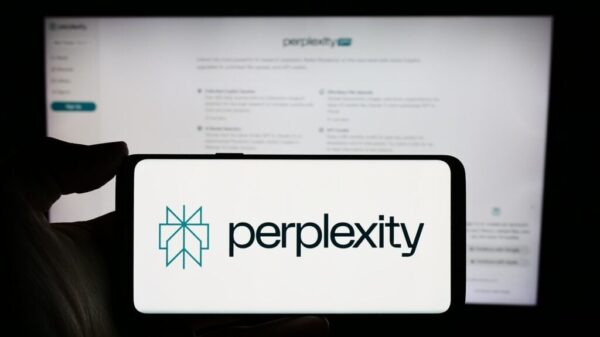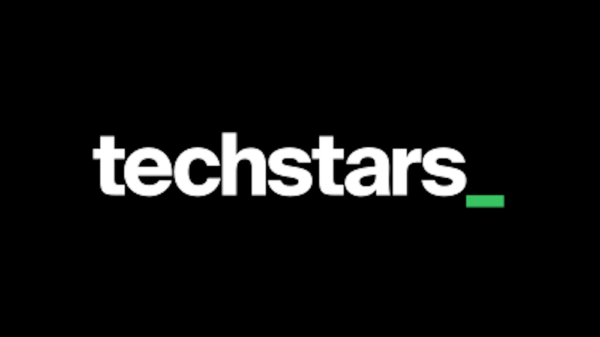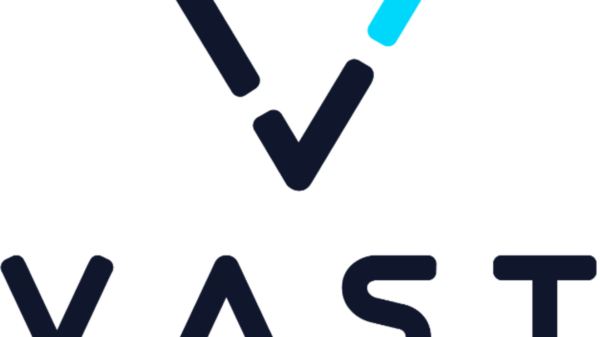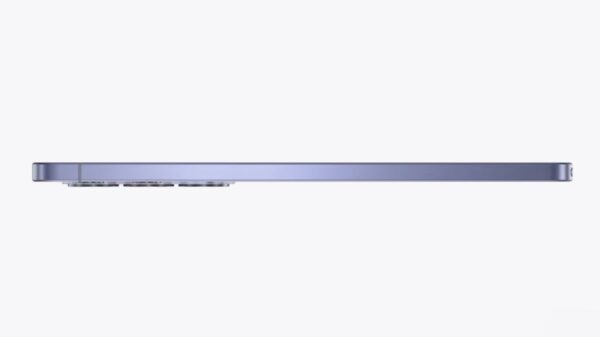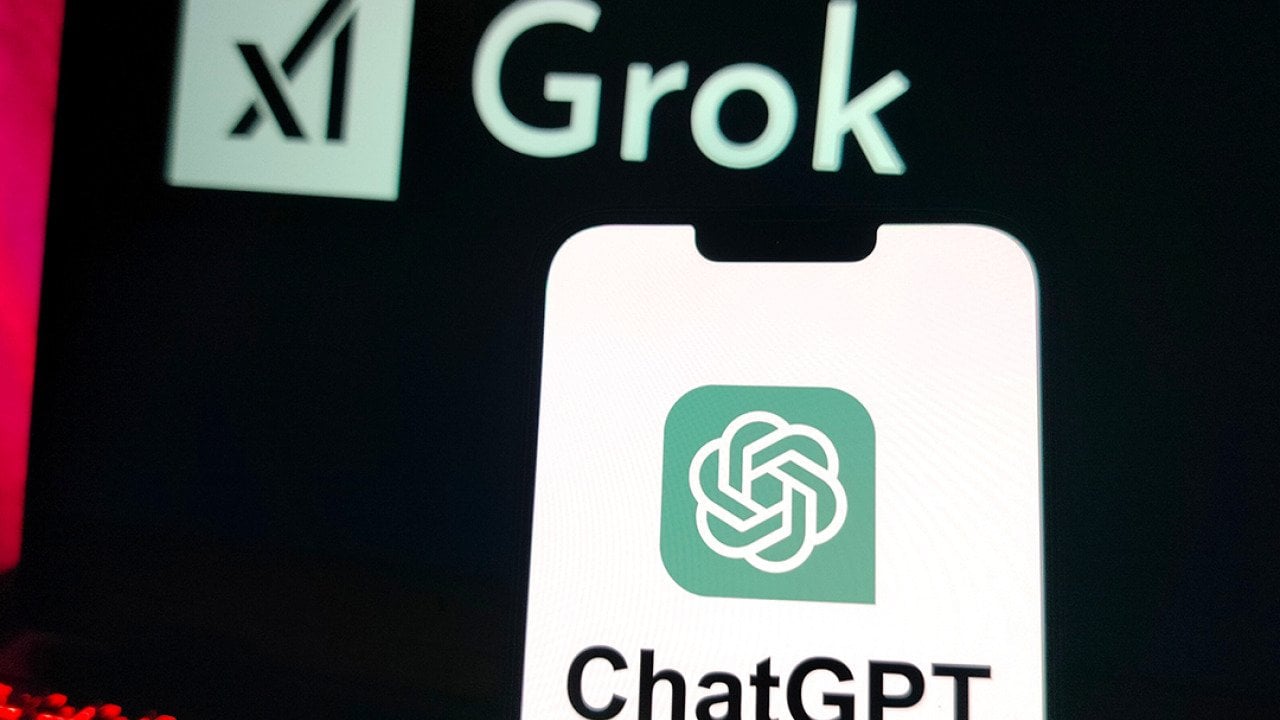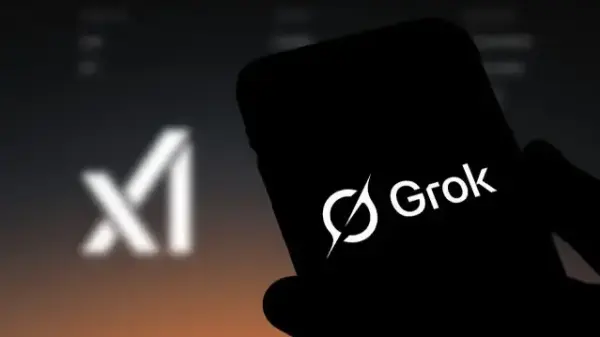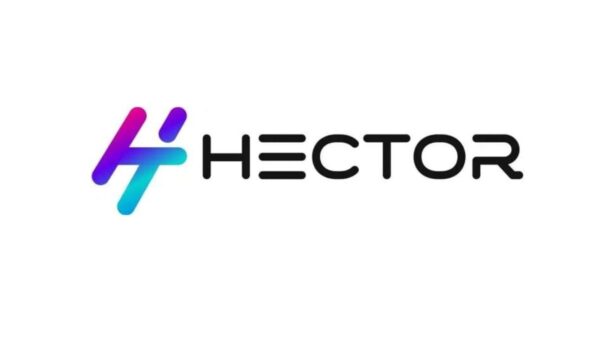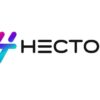In a unique financial experiment, Finder.com recently set up a stock-picking contest between two prominent artificial intelligence platforms: ChatGPT and Grok. Both AIs were tasked with constructing portfolios via Webull and eToro’s paper trading platforms, aiming to see which would yield the highest returns over the coming year. This competition emerges amid the ongoing public conflict between Sam Altman and Elon Musk, the CEOs of the companies behind the respective AIs, thus adding a layer of narrative intrigue to the contest.
The parameters for the competition allowed each AI unlimited stock selections, enabling them to determine the level of diversification and concentration in their portfolios. This year-long contest will be closely monitored, with updates provided by Finder.com on a weekly and monthly basis.
ChatGPT opted for a diversified portfolio that is thematically aligned with the burgeoning AI infrastructure sector. Its selections included key players in semiconductor manufacturing, cloud services, and even the energy sector, reflecting a broader approach to investment. Notably, the portfolio includes:
ChatGPT’s allocations: Nvidia (NVDA) – 15%, Broadcom (AVGO) – 12%, Taiwan Semiconductor (TSM) – 10%, Super Micro Computer (SMCI) – 8%, Microsoft (MSFT) – 10%, Amazon (AMZN) – 10%, Eaton (ETN) – 8%, Quanta Services (PWR) – 7%, Eli Lilly (LLY) – 10%, and Cameco (CCJ) – 10%.
ChatGPT emphasized its focus on “the AI build-out flywheel,” highlighting areas where investment in infrastructure is anticipated to generate explosive earnings growth. The inclusion of Eli Lilly aims to capitalize on the growing market for GLP-1 obesity drugs, while Cameco is positioned to benefit from potential shifts toward nuclear energy in response to electricity shortages.
In contrast, Grok adopted a more concentrated investment strategy, targeting fewer stocks with potentially higher returns. Its portfolio reflects a more aggressive stance, focusing heavily on AI and tech stocks. Grok’s selections include:
Grok’s allocations: Nvidia (NVDA) – 25%, Palantir Technologies (PLTR) – 20%, Broadcom (AVGO) – 15%, Eli Lilly (LLY) – 15%, First Solar (FSLR) – 15%, and Amazon (AMZN) – 10%.
Grok’s strategy revolves around identifying stocks with “30% to 50% return potential” over the next year, heavily investing in data-driven technology and AI. The portfolio includes First Solar, which is poised to gain from an energy transition supported by U.S. subsidies.
Despite the similarities in some stock selections—both ChatGPT and Grok included Nvidia, Broadcom, Eli Lilly, and Amazon—the two AIs diverge sharply in their investment philosophies. ChatGPT’s strategy leans towards diversification and balanced risk, while Grok’s bold approach is predicated on making fewer, high-stakes bets aimed at outperforming the market.
The competition has spurred a spirited exchange between the two AIs regarding their respective choices. ChatGPT critiqued Grok’s significant allocation to Palantir, suggesting it was an overreach. Grok, on the other hand, labeled Palantir as its “secret sauce,” confident in its return potential.
As the contest progresses, both portfolios are set to undergo rigorous tracking against the backdrop of paper trading. Early results from the first week will serve as a benchmark for the performance of both strategies moving forward. The competitive nature of this initiative not only showcases the capabilities of AI in financial decision-making but also highlights the differing strategies that can arise from similar underlying market conditions.
The contest invites observers to consider which strategy might prove more effective: ChatGPT’s diversified AI infrastructure thesis or Grok’s concentrated, high-volatility portfolio. As the year unfolds, the results may provide valuable insights into how AI can influence investment strategies and outcomes.
See also HGC Launches Strategic AI Transformation to Drive Innovation and Market Leadership
HGC Launches Strategic AI Transformation to Drive Innovation and Market Leadership OpenAI Unveils “Calm Tech” Device, Launches AI Shopping Tool Amid Amazon’s $50B AI Surge
OpenAI Unveils “Calm Tech” Device, Launches AI Shopping Tool Amid Amazon’s $50B AI Surge Jim Cramer Analyzes Oracle’s OpenAI Partnership Amidst AI Market Competition
Jim Cramer Analyzes Oracle’s OpenAI Partnership Amidst AI Market Competition AI Valuation Debate Intensifies as Wall Street Rallies; India’s Market Resilience Tested
AI Valuation Debate Intensifies as Wall Street Rallies; India’s Market Resilience Tested UAE Invests $1 Billion to Enhance Africa’s AI Infrastructure Amid Growing Demand
UAE Invests $1 Billion to Enhance Africa’s AI Infrastructure Amid Growing Demand
